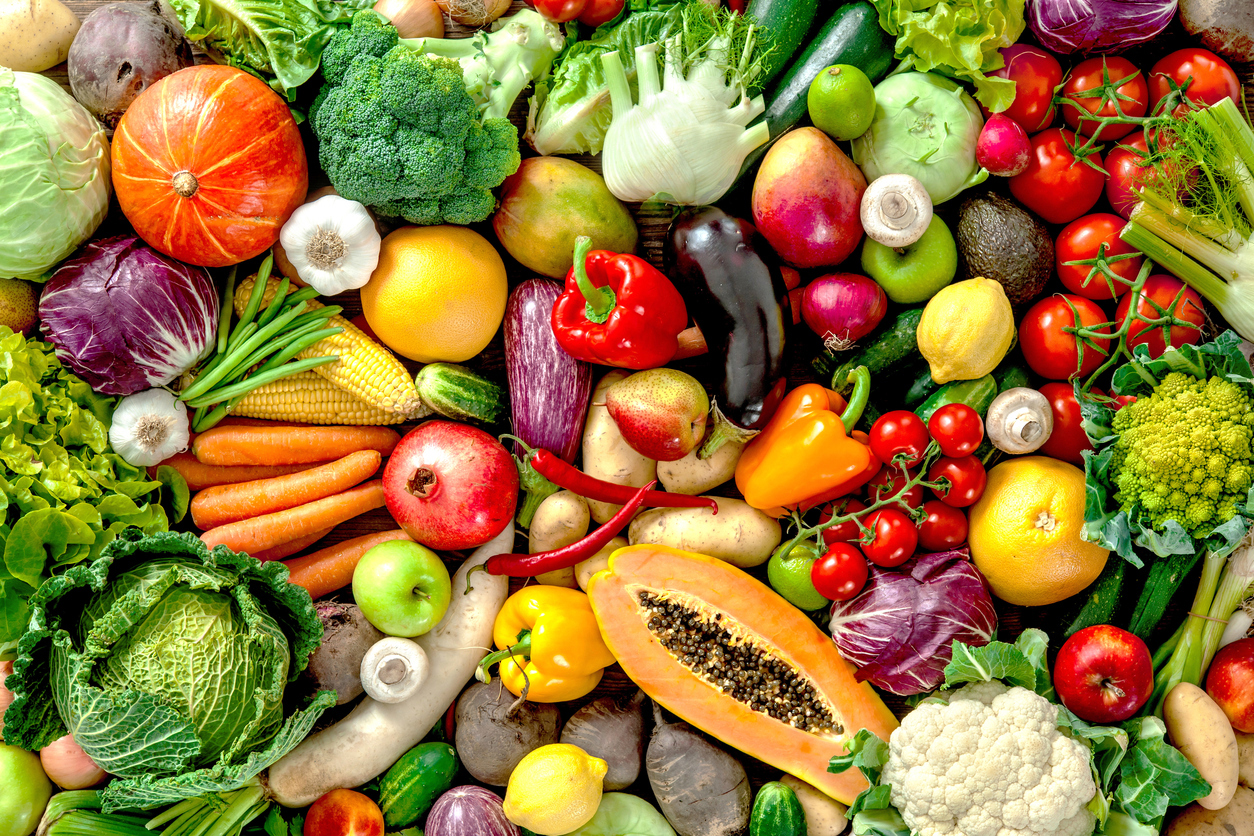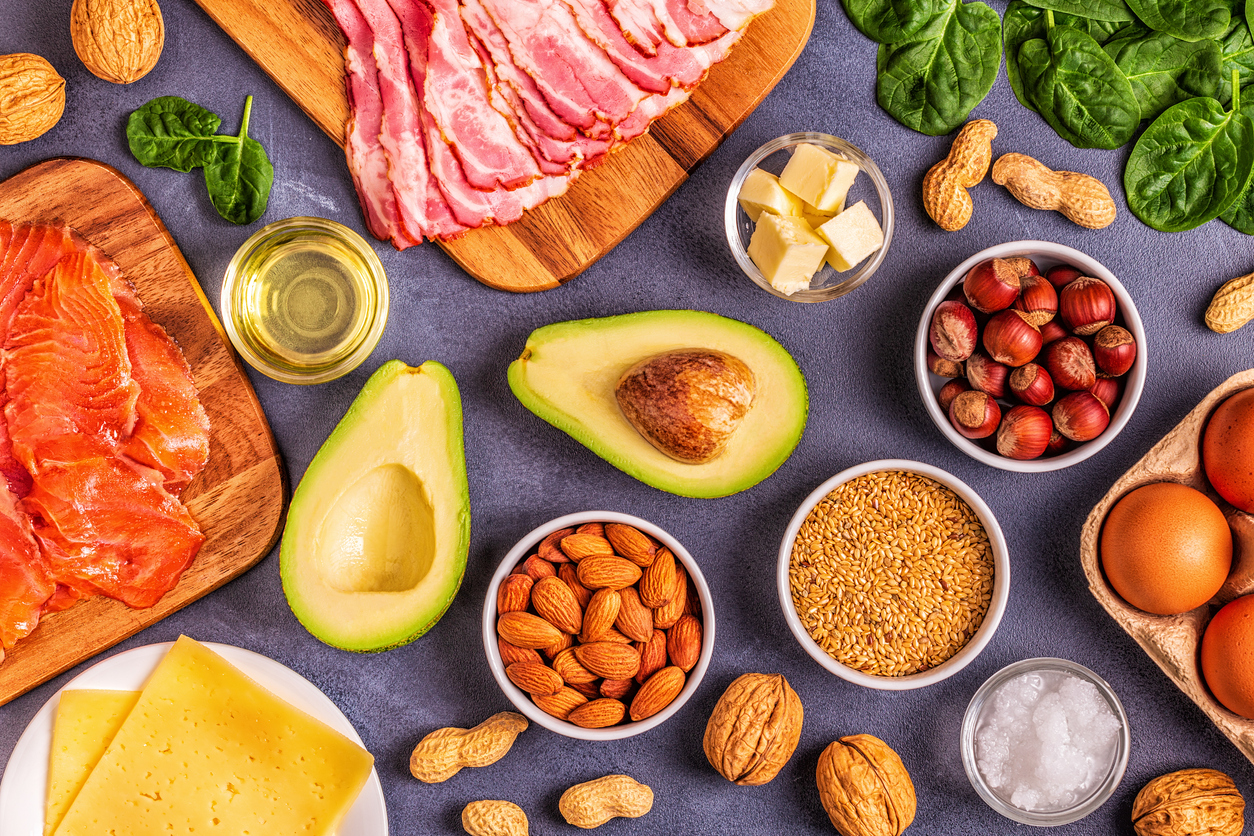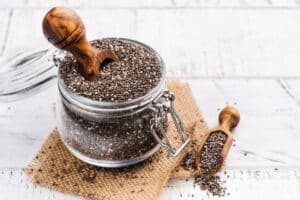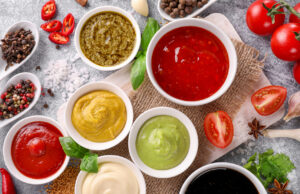These days, we tend to hear quite a bit about dieting options and plans. Every person is different and unique, which is wonderful. Yet, that fact can also represent a challenge in choosing a diet that works well for your specific needs. For example, you may suffer from chronic inflammation and want to fight it by incorporating and more healthy diet. It can be difficult to change your eating habits, but worth it depending on the benefits.
Lately, inflammation is mentioned more and more frequently, even regarding the types of food that we eat. If you are someone who wants to improve your health yet struggles with low-grade inflammation, or if you want to prevent inflammation in the first place, there are some great diet plans available. One option for healthier eating with anti-inflammatory benefits is the vegan diet. Let’s explore more about this healthy lifestyle diet and how it can help you on your journey to good health and with lowering inflammation.
Vegan Diet versus Vegetarian Diet
First things first: what’s the difference between vegan and vegetarian? These two terms are sometimes used interchangeably, yet they mean two different things. Both vegan and vegetarian eating plans avoid meats such as beef or pork. The key difference is that to be considered vegan, the food cannot contain animal products like eggs, honey, or butter. Both of these dietary choices offer comparable health benefits, and both prompt women to eat more antioxidant-rich and nutrient-dense whole foods.

Is Inflammation Bad?
Now that we’ve explored the difference between vegan and vegetarian foods let’s talk about inflammation. While it is not a new concept by any means, we do hear about it more frequently in relation to our diets.
Simply put, inflammation is what happens when your body tries to protect you and keep you healthy, indicated by an inflammatory response. On a small scale, think of the last time you got a papercut. Did it swell a bit or get red for a few days? That was your body’s way of defending you from any foreign materials that tried to cause an infection. In this regard, inflammation is a very beneficial thing, and when it occurs, that’s good news that your body had an immune response and is working to protect itself.
However, problems can arise when the whole body experiences long-term inflammation. This can be caused by a number of things, including the type of foods you eat, chronic diseases, or issues with our immune systems.
If you experience inflammation and don’t try to reduce it, you may eventually develop some health problems or chronic conditions. This could mean anything from gaining weight to more dangerous problems such as developing chronic pain (including rheumatoid arthritis), cardiovascular disease, or coronary artery disease. And no one wants to have a heart attack.
Anti-Inflammatory Vegan Diet
The Arthritis Foundation noted that eating healthier foods can help fight inflammation. Consuming more fruits and vegetables while decreasing your intake of saturated fats are the key factors in an anti-inflammatory diet plan.
Studies have been performed on whether vegan or vegetarian diets can be good anti-inflammatory options. Those results are not entirely conclusive, according to the Arthritis Foundation. However, some of the results did show that some participants experienced lower levels of C-reactive protein (believed to signal that inflammation is occurring) three weeks after implementing a vegan diet plan.

How to Start a Vegan Diet
If you’ve decided to try out an anti-inflammatory vegan diet, you may be wondering what foods to start with. First and foremost, be sure to talk with your doctor before beginning any new diet regimen. They will help you determine whether the diet plan is a good fit for your health and lifestyle.
Once your doctor has cleared you to start a vegan diet, you may want to begin slowly. If you are used to eating meat or eggs regularly, it can be a challenge to completely eliminate all animal products from your diet right away.
You could begin your vegan diet by setting a goal to eliminate meat from one meal per day or for an entire day. You could then gradually decrease your meat intake until you’re at zero. This includes cutting out all meat, not just red meat. There are many foods available that can serve as a meat substitute, like tofu, tempeh, black beans, and chickpeas.
Next, you can focus on eliminating eggs from your diet. That includes eggs within baked goods as well. Good substitutes for eggs are apple sauce, ripe bananas, and pumpkin puree. (Pinterest can be a great resource for finding vegan-friendly recipes if you get stuck!)
Helpful Vegan Foods
Fortunately, many vegan substitutes for common foods exist today. If you’re unsure where to start as you plan out your diet, try your local grocery store’s natural foods section.
You can often find some tasty anti-inflammatory food options to support your vegan diet here. For example, vegan egg substitutes exist to help you continue to enjoy a healthy bran muffin for your morning breakfast. Flaxseed is another food to substitute in a recipe that calls for eggs.
Perhaps you really like milk, and that’s a type of food that is hard for you to give up. Try milk made from plant foods like coconut milk or some other vegan milk like oat milk, almond milk, or cashew milk. If you need a lot of protein, look for soy milk high in protein.
Similarly, you’ll find some vegan cheese options out there that are a satisfying replacement for dairy cheese. Check out the various forms of tofu at the grocery store to make sure you include some lean protein in your meal plans. And if you don’t have a local grocer with a natural foods section, you can always turn to online shopping to help you out.

Inflammation-Fighting Foods
Many fruits and vegetables are a healthy choice for many types of diets, including a vegan one. To get those anti-inflammatory benefits, though, you’ll want to incorporate healthy foods that are known to have anti-inflammatory properties such as sweet potatoes, strawberries, blueberries, cherries, and leafy greens like kale, swiss chard, or spinach. Coffee may even have some inflammation-fighting effects, so with your doctor’s approval, feel free to keep sipping your morning cup of joe. You’ll also benefit from incorporating high-quality olive oil into your daily diet, as well as whole grains,
Additional Pros and Cons of Veganism
As with any diet, there are always possible pitfalls and bonus benefits. Veganism is no different. Many have experienced other benefits after switching to a vegan diet, like improved blood pressure, weight loss, and lower cholesterol. Those that follow a low-fat vegan diet often experience decreased joint pain, swelling, or stiffness. On the negative side, when you remove some major food items from your diet, you’ll most likely see reductions in the vitamins and nutrients associated with the missing food items. For example, vegans tend to have low blood levels of essential fatty acids, vitamin B-12 and D, and calcium. This can cause issues with bone health and lower levels of HDL. If that’s the case, you’ll need to consider adding some supplements to your daily routines, like omega-3 fatty acids, iron, zinc, and vitamins D and B12.
After considering all aspects of a vegan diet, if you decide to try it out, take steps to make it as easy a transition as possible. If you’re taking on a vegan diet as a way to treat inflammation, make sure that you include the healthy anti-inflammatory foods listed above. Most importantly, though, take measures to shift your eating habits in as healthy a way as possible. If you have any concerns about your diet or any possible side effects, speak to a healthcare professional right away.
Read Next:







